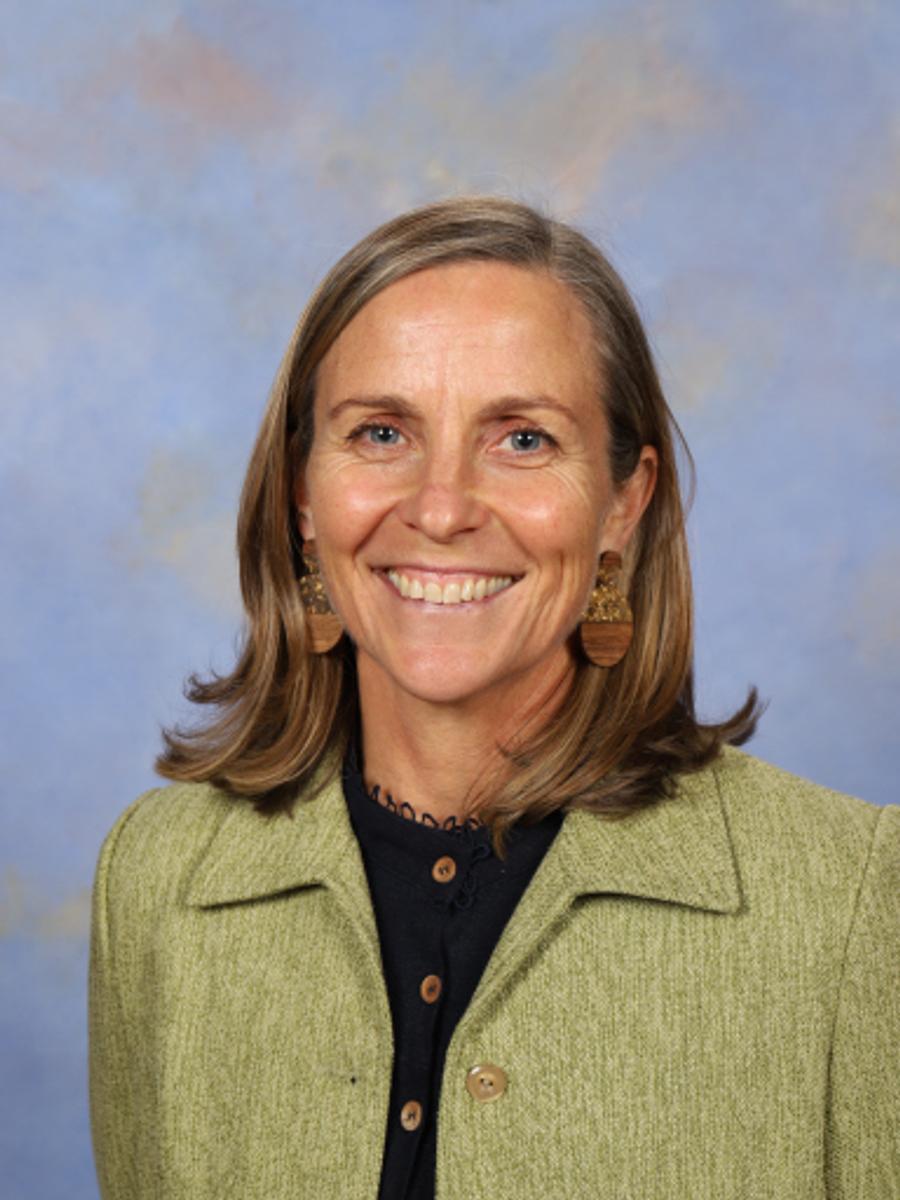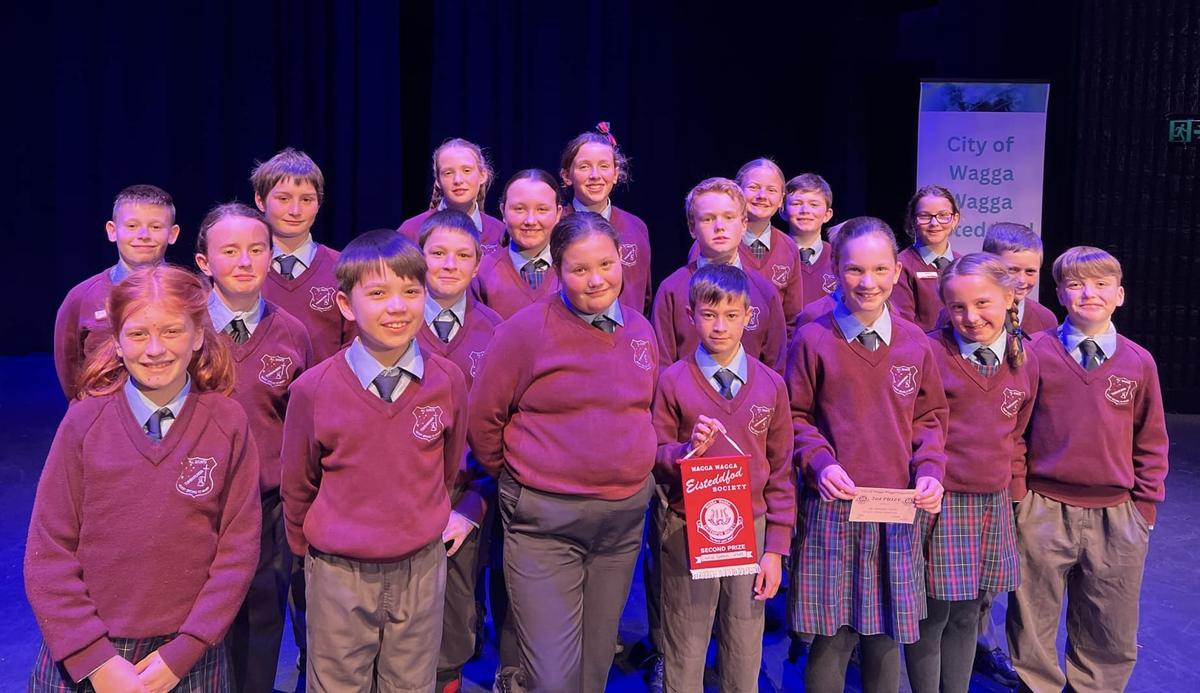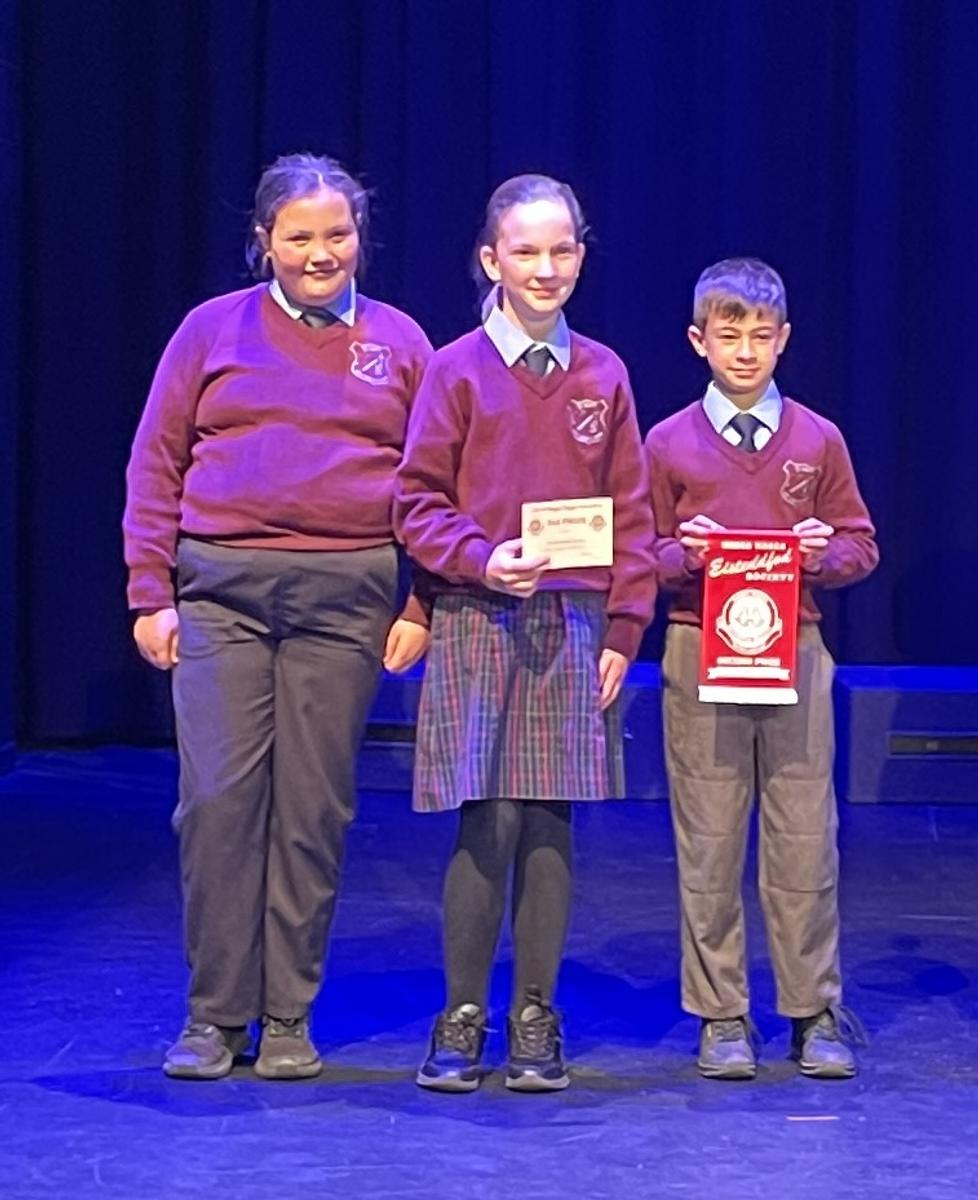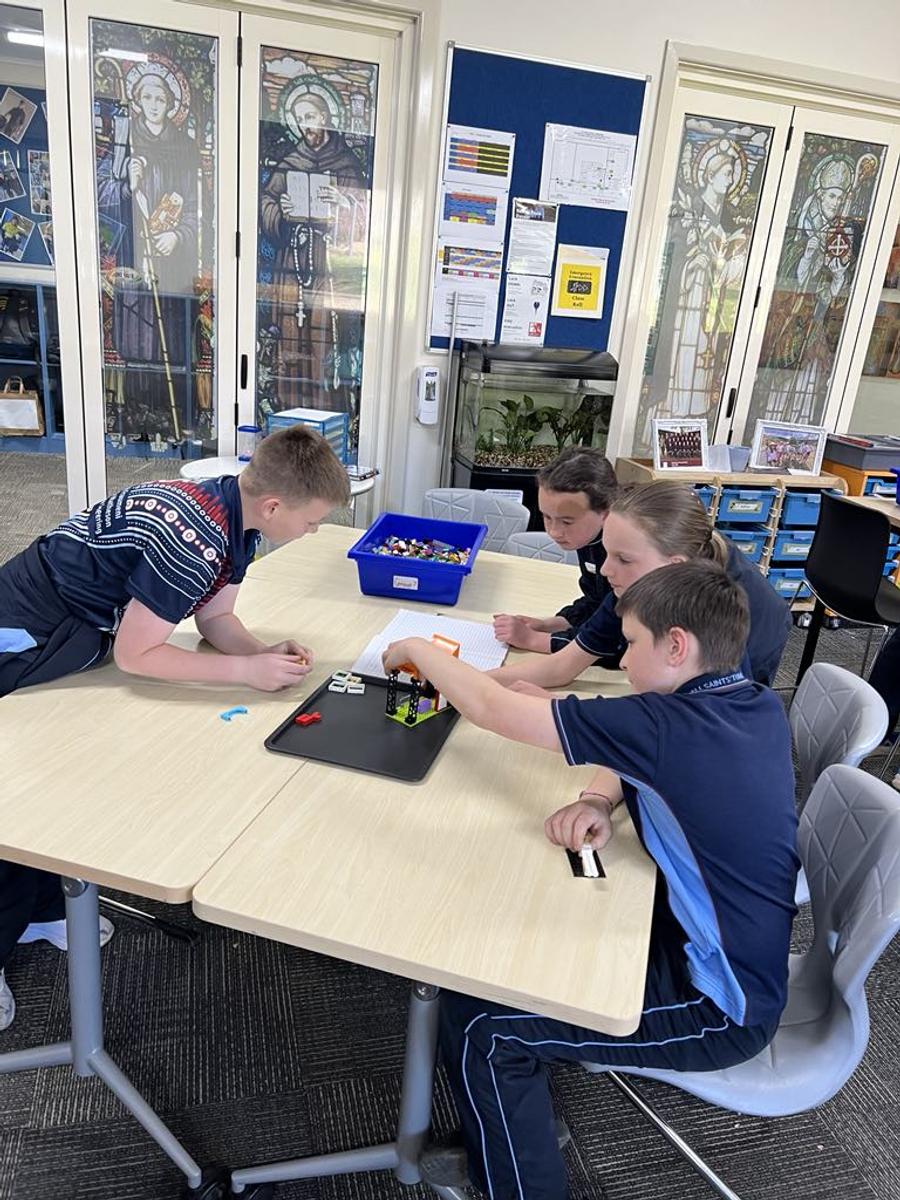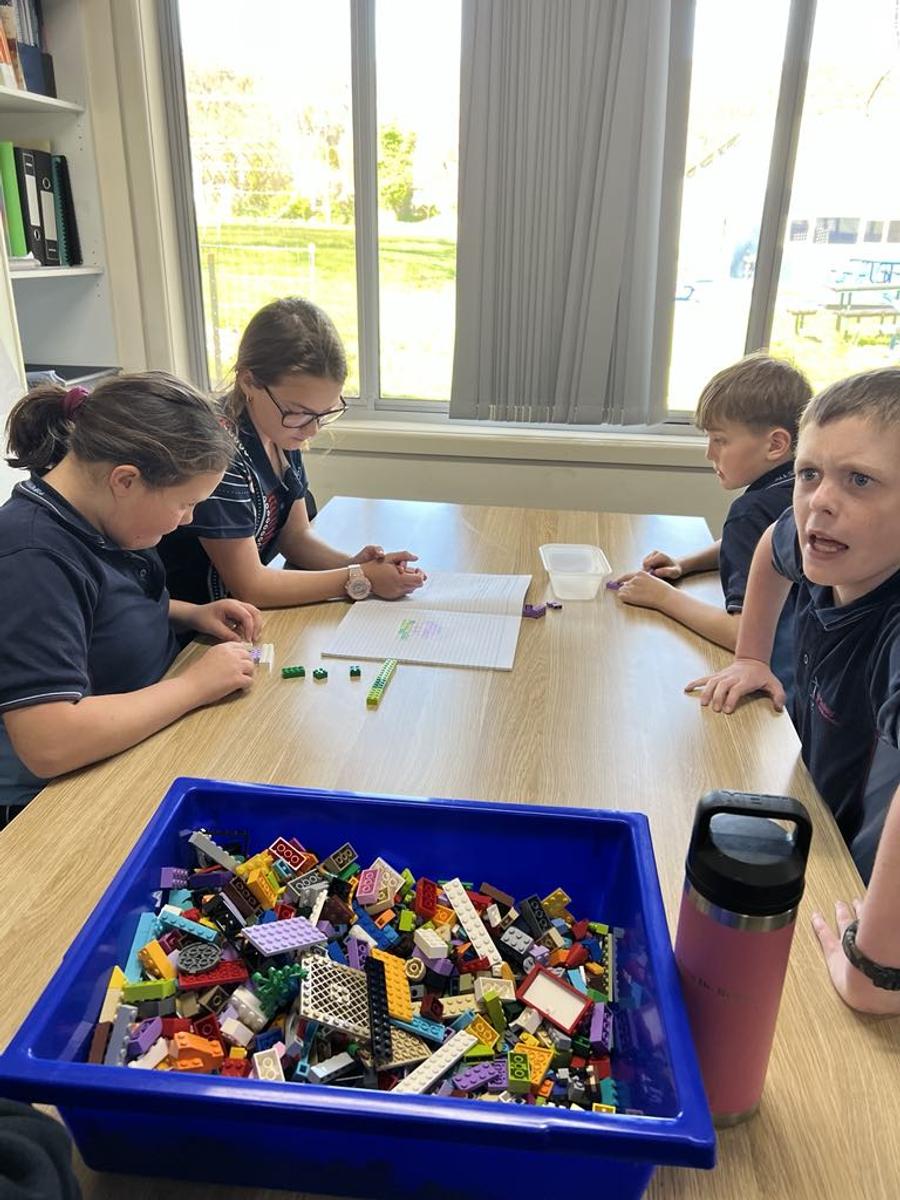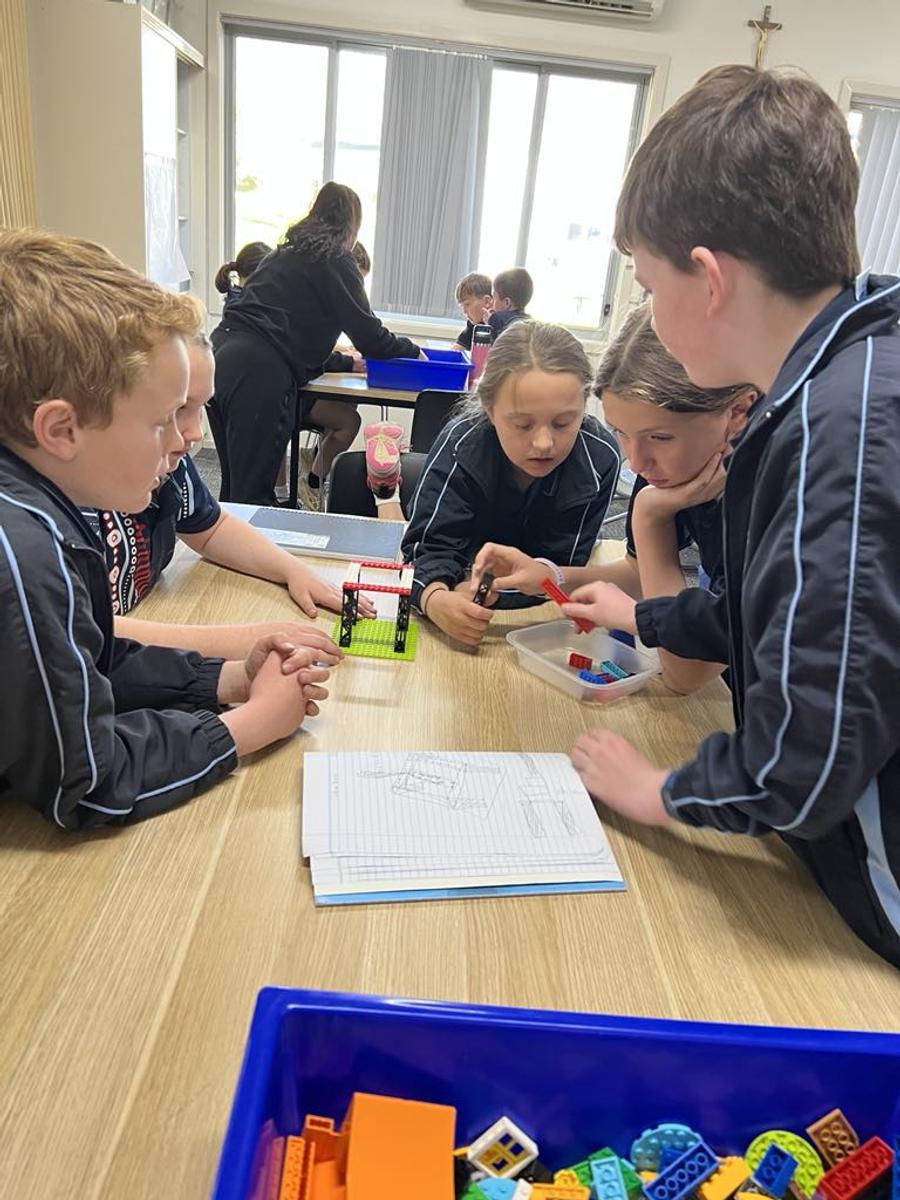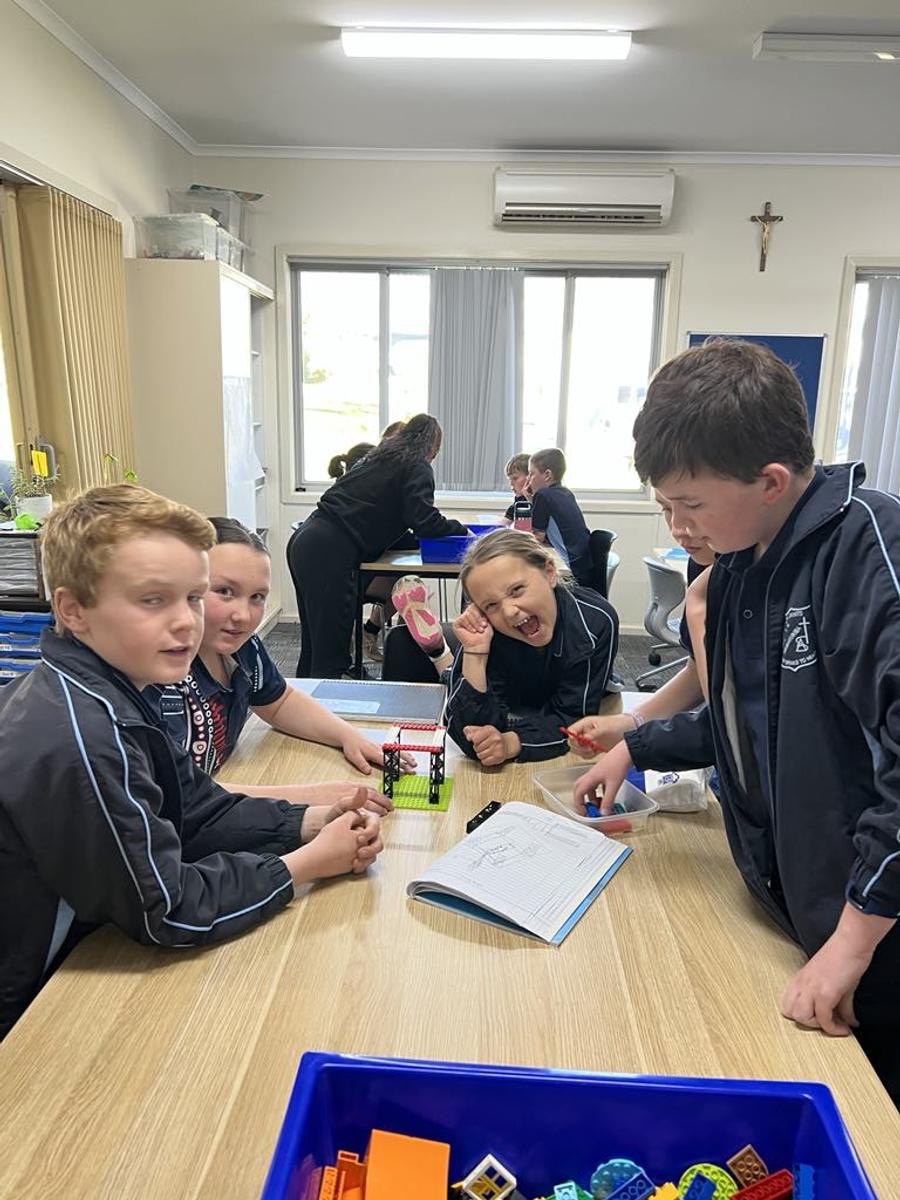Year 4/5/6

What a busy and exciting end to the term we have had! From our classroom learning to the Eisteddfod, the TPS play at the high school, and let's not forget casserole night. It’s been a wonderful couple of weeks. We wish all our families a happy and safe holiday break and look forward to seeing everyone next term.
Art
Our class is busy preparing for the upcoming Tumbarumba Spring Flower Festival Sculpture Competition! This year’s theme is “The Wild”. We have challenged the students to design and create either a tent (teepee) or a tree creature using only natural materials found in our school grounds, sticks, leaves, and foliage. This project is a fantastic way for students to get creative while working with the natural environment. They have been brainstorming ideas, sketching designs, and experimenting with ways to construct sculptures that are strong, imaginative, and eye-catching.
We can’t wait to see the final creations proudly displayed at the festival – a true celebration of art, teamwork, and the beauty of nature. The sculptures will be displayed at the Tumbarumba Showgrounds Stadium, also known as the Tumbarumba Sports Academy. Saturday 25 October 2025, 10am – 5pm & Sunday 26 October 2025, 10am – 4pm
Religion
This term in religion, our students have been investigating the inspiration, contents, structure and literary forms of the Bible. They have developed confidence in using the Bible to learn about God's revelation and covenant with the people of Israel. Students have been encouraged to interpret the meaning of key biblical passages, especially accounts of Jesus' example and teachings, for their own lives. In our Bible unit, students have been learning about the Bible’s structure, its different types of writing, and how it tells the story of God’s love for his people. They have read and discussed key stories such as Noah and the Ark, Joseph and his brothers, David and Goliath, and Jesus’ parables and miracles. Students are learning how to find Bible references and reflect on the messages these stories hold for our lives today.
Our second focus has been on the Sacraments of Healing, Reconciliation and Anointing of the Sick. Students have explored the importance of forgiveness, healing broken relationships, and God’s never-ending love and mercy. We have reflected on Gospel stories, including the Parable of the Forgiving Father, and discussed how we can say sorry, forgive others, and make better choices in our everyday lives.
This term’s learning helps students grow in their understanding of Scripture, deepens their prayer life, and encourages them to live out Jesus’ example of kindness, forgiveness, and compassion.
Outcomes
S2.3 applies the message of scripture passages and their relationship to prayer, worship and the Christian life
S2.5 Explain the importance of the celebration of the sacraments of Penance and Eucharist in the Catholic community
Science
Last week, our class was lucky enough to receive the new LEGO League series, where in teams the students will focus on the fundamentals of engineering as they explore real-world problems, learn to design and code, and create unique solutions made with LEGO®.
The theme for the series is Unearthed Archaeology. Archaeology helps us uncover cultural histories through the study of artifacts. The field provides insight into how living beings have interacted with our planet and each other throughout history. It reconstructs the stories of our communities so we can learn from our past. During our archaeology-inspired season, FIRST teams and supporters will use STEM and collaboration skills to unearth new findings about ourselves and our collective communities to help build a better world.
Our first challenge was all about teamwork and creativity. Students worked in groups to design and build an artifact from a chosen time period, draw their creation, and then dismantle it. The pieces and drawings were swapped with another group, who then tried to rebuild the artifact as accurately as possible. This encouraged problem solving, communication, and collaboration – with lots of fun and laughter along the way!
Stage 2
ST2-PQU-01: Poses questions to create fair tests that investigate the effects of energy on living things and physical systems.
NSW Curriculum
ST2-DAT-01: Uses and interprets data to describe patterns and relationships.
NSW Curriculum
ST2-DDT-01: Uses a design process to create products to address user needs or opportunities. NSW Curriculum
ST2-DDT-02: Designs and uses algorithms, represents data and uses digital systems for a purpose.
Stage 3
ST3-PQU-01 Poses questions and designs investigations; identifies and controls variables in fair tests.
ST3-DAT-01 Uses, represents, analyses and interprets data; uses evidence from data to support explanations and decisions.
ST3-DDT-01 Uses a design process to plan, produce and evaluate solutions; designs that address identified needs or opportunities.
ST3-DDT-02 Designs, uses and modifies algorithms; represents digital systems; uses technologies for a purpose.
ST3-SCI-01 Uses evidence and scientific understanding to explain changes and interactions in natural, physical, geological systems.

